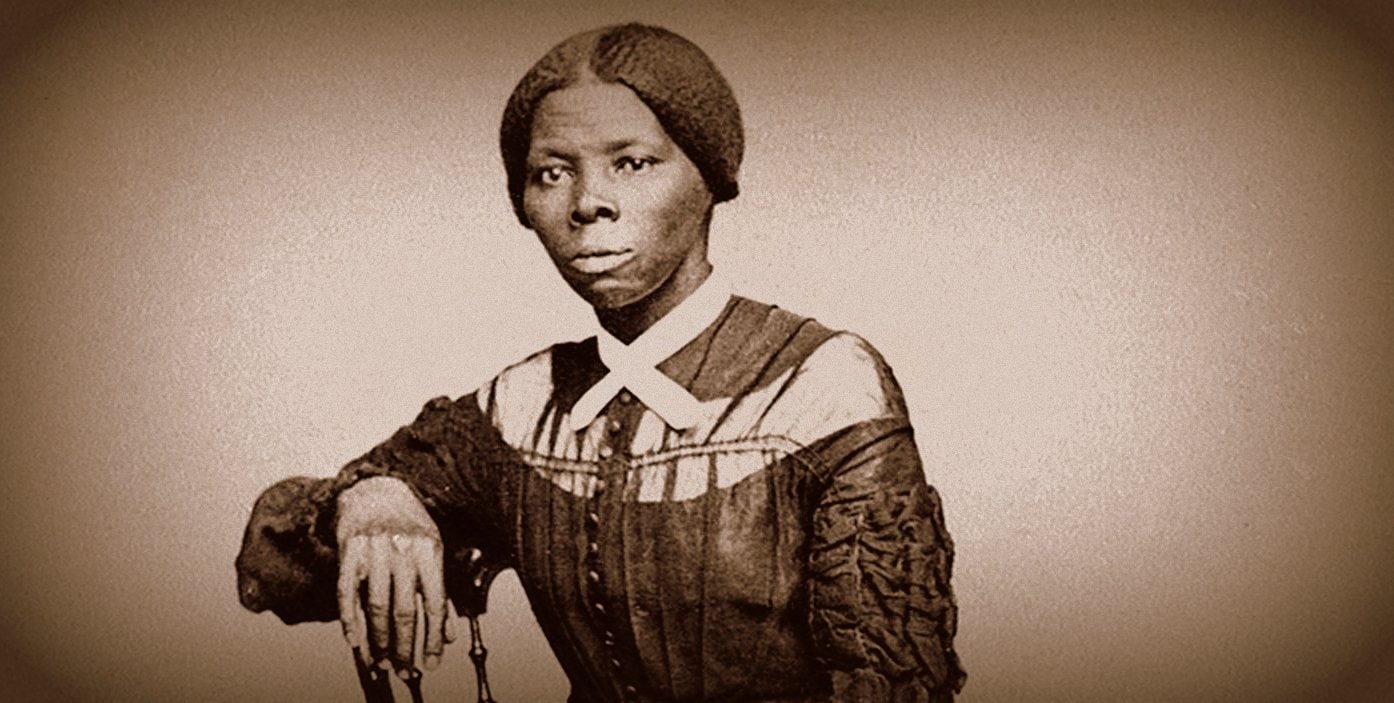
Despite being born a slave in the early 1800s, Harriet Tubman earned her freedom, led hundreds of others to freedom, and acted as a spy for the Union Army in her lifetime. Tubman impacted the lives of many by continuously risking her own to end the institution of slavery.
Tubman’s early life proved difficult, as she was born to enslaved parents and grew up on a plantation. She suffered seizures, headaches, and narcoleptic episodes after an act of violence in a dry goods store, and once received lashings five different times before breakfast. Tubman’s unfortunate youth shaped her strong personality and provided a solid foundation for her defining characteristic: perseverance.
At the age of 25, she married John Tubman, a free man in conflict with her goals who even threatened to tell her master of her escape. Tubman had successfully fled after her owner died in 1849, and tried to convince two of her brothers to join her because she feared for their safety. Although her brothers did not stay with her, Tubman traveled approximately 90 miles to cross over to Pennsylvania, where she would be free.
Upon reaching Pennsylvania, Tubman was overcome with a new sense of purpose, and dedicated her life to freeing others. In 1850, Tubman made her second voyage through the Underground Railroad in order to free her niece along with her children and husband.
Continuing in this manner, Tubman made 19 collective trips to help family and others find freedom in Pennsylvania. Eventually, the Fugitive Slave Law was passed in order to capture slaves who fled to the North and return them to slavery. This led Tubman to reroute the Underground Railroad into abolitionist Canada.
Tubman eventually met John Brown, formally joining the abolitionist movement. Tubman dedicated her time to the Union Army during the Civil War, serving as a nurse, cook, and later an armed scout and spy. During this time, she became the first woman to lead an armed expedition in the war when she liberated over 700 slaves in South Carolina by guiding the Combahee River Raid.
Tubman helped hundreds of slaves find their freedom and risked her life often for the abolitionist agenda. She played a pivotal role in destroying slavery and is still remembered today for her bravery and honor.
